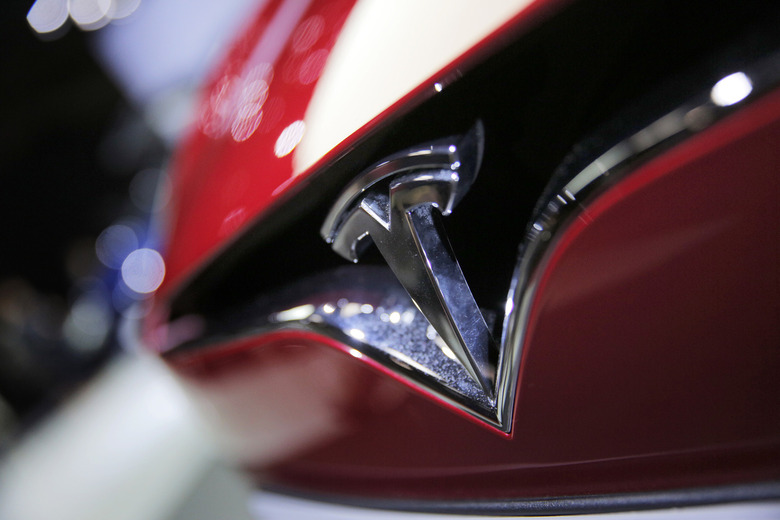German Automakers Are Looking To Mimic Tesla's Own Gigafactory
Tesla may be at the forefront of the EV revolution, the success and accolades the company enjoyed with the Model S, and more recently the Model X, has prompted a number of big-name players to devote more substantial resources towards EV development. From Ford and Porsche to BMW and Chevrolet, the EV space is becoming increasingly more crowded and competitive.
Ahead of the Model 3 release, which is still slated to go down later this year, Tesla had the foresight to realize that battery production could easily become a huge bottleneck. The solution? Tesla has invested billions towards the development of its arguably iconic Gigafactory, an absolutely gargantuan structure that will be the largest standing structure in the world in regards to an actual physical footprint.
By the time the Gigafactory is running at full throttle, Elon Musk has said that it will be able to produce more lithium-ion batteries in one year "than were produced worldwide in 2013." What's more, Musk during a 2015 earnings conference call boasted that "cells will be going through [the Gigafactory] like bullets from a machine gun. In fact, the exit rate of cells will be faster than bullets from a machine gun."
Without question, Tesla taking control of its own battery production, with help from Panasonic of course, was an incredibly shrewd and strategic business move.
But again, the EV field is becoming increasingly crowded, and as a result, we're starting to see other automakers make substantial investments into their own mammoth battery factories.
To this point, Daimer AG this week opened up a brand new lithium-ion battery factory in Germany, according to a new report from Bloomberg.
The facility 130 kilometers (81 miles) south of Berlin highlights a push by both major automakers and power companies into energy storage. The technology is crucial to drive the next generation of green vehicles and to hold electricity from wind and solar farms for when it's needed most. With two dominant industries moving in the same direction, the cost of batteries is likely to plunge quickly, according to Bloomberg New Energy Finance.
The factory is said to occupy an area of about 50 acres and will reportedly open its doors sometime next year.
Interestingly enough, other big battery factories from other players are in the works as well.
Large-scale factories planned in Sweden, Hungary and Poland, as well as Daimler's battery assembly plant in Germany, are expected to feed demand from automakers such as Volkswagen AG and Renault SA.
The transition to an EV dominated transportation industry may not be right around the corner, but it sure looks like it's coming a lot quicker than anyone could have anticipated even two years ago.
